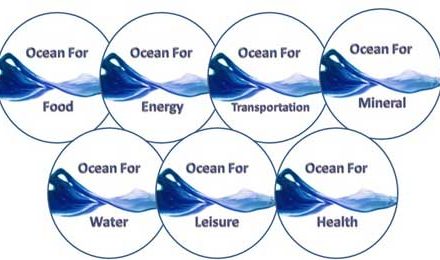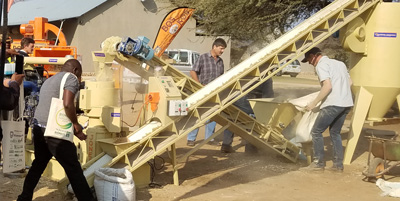
Research project to develop suitable early warning systems, explore desertification impacts on local peoples livelihood

Rangeland Ecologist at Ecosystem Services Windhoek, Dr. Dave Joubert, and Social and Cultural Anthropologist at the University of Cologne, Dr. Diego Menestry, presented the goals and content of the NamTip project at the Namibia Scientific Society late last month.
NamTip is an upcoming research project to understand and prevent desertification tipping points in local rangelands.
It aims at interdisciplinary, solutions-oriented research on desertification involving German and Namibian researchers from the natural and social sciences, rangeland managers, policy experts, educators and communicators.
The event commenced with the presentation of a short documentary movie on NamTip’s research goals, followed by a talk highlighting the research approach of the project.
The key message from the event was that the research of desertification tipping points in Namibia is an urgent matter, since desertification is already a salient problem in rangelands and will become even more pressing in the future, as droughts are predicted to become more sever and more frequent.
According to Joubert, NamTip will make use of the findings to develop suitable early warning systems, explore desertification impacts on local people’s livelihood and finally transfer and implement the scientific findings into management interventions and developing lessons for children in rural areas to prevent the desertification tipping point.
EduVentures, who provide mobile classrooms will be involved in the capacity building strategy of the project providing learning opportunities on desertification tipping points for teachers and schoolchildren, in particular for those living in the Greater Waterberg Landscape the project’s area of research.











































